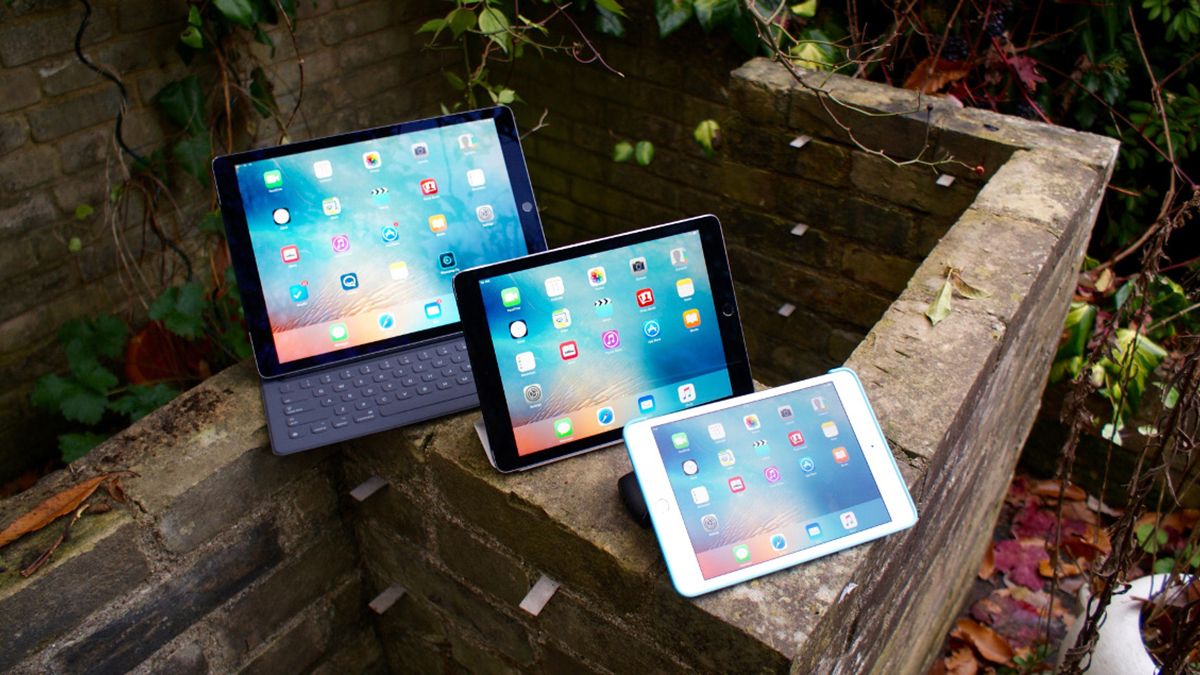
The importance of screen size when choosing a tablet
When choosing a tablet, one of the most important factors to consider is the screen size. The size of your tablet display can significantly impact your overall user experience and its suitability for specific tasks and activities. Understanding the importance of screen size is essential to making an informed decision that suits your needs and preferences.
1. Content consumption
Web browsing: The larger screen provides a more immersive web browsing experience. You can browse websites without constantly zooming and scrolling, making it easier to read articles, shop online, and explore web content.
Video Playback: If you plan to use your tablet to watch movies, TV shows, or videos, a larger screen will enhance your viewing experience. It recreates the cinematic experience, making entertainment more enjoyable.
2. Productivity
Multitasking: Tablets with larger screens are better suited for multitasking. You can comfortably work with multiple applications or documents open at the same time, increasing your productivity.
Content Creation: For content creation tasks such as graphic design, video editing, or photo editing, a larger canvas provides more space for precise work.
3. Reading and e-books
E-books: Reading on a tablet with a large screen is similar to reading a regular book. This allows you to see more text on each page, reducing the need for frequent page turns and making the reading experience more enjoyable.
4. Games
Gaming Experience: Gamers benefit from a larger screen, especially for vision-intensive games. It provides greater immersion into the game world and improves the overall gaming experience.
5. Portability
Consider portability: Larger screens often lead to bulkier, heavier tablets. If portability is a priority, you may prefer a smaller tablet that is lighter and easier to carry on the go.
6. Hand comfort
Ergonomics: The size of your tablet's screen can affect how comfortable it is to hold and use for long periods of time. Smaller tablets are easier to hold in one hand, while larger tablets may require two-handed operation.
7. Cost
Price considerations: It's important to note that tablets with larger screens tend to cost more than their smaller counterparts. Your budget will play a significant role in determining the screen size you can afford.
8. Example of use
Special Needs: Some use cases may require a specific screen size. For example, digital artists may require a larger screen with precise stylus input for their work.
In conclusion, choosing the right tablet screen size is a decision that should be based on your intended use, personal preference and budget. It's critical to balance the benefits of a larger display for content consumption and productivity with the practicality of a smaller, more portable device. By carefully assessing your specific needs and taking into account the factors mentioned above, you can make an informed decision and find the ideal screen size tablet to suit your needs.






